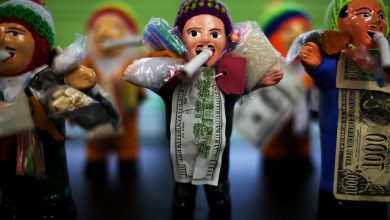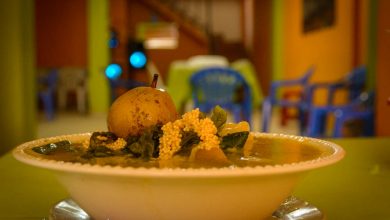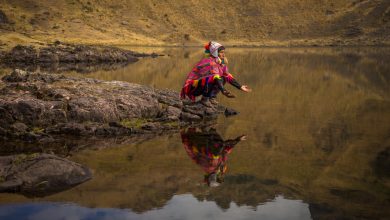Roast Pork, Bread Babies and Cuzco’s Day of the Living

Bread babies and bread horses people Cuzco today as its population gathers together, eat lechón (roast pork) and, following tradition, gather in families to celebrate the Day of the Living and tomorrow the Day of the Dead on this feast known elsewhere as Todos Santos (All Saints or All Souls).
Annually, on the first and second of November Cuzqueños celebrate this combined feast first for the living and then for their dead. It begins on the first, very early in the morning, when some people go to church since this day is also known as All Saints Day which is celebrated following Catholic tradition.
But as people living in his land we also know that our mothers or maybe our grandmothers have already been working hard to be ready everything for the day to be spent among family, eating, laughing, and remembering. Already from the 31st of October they have been cooking to have ready the famous lechón, a roast pork, since it had to marinate in spices and flavor over this very important night.
Once the day arrives, the pork is carried very early to neighborhood ovens made of mud so that it will be ready for today’s lunch. Once ready it is accompanied by fresh made tamales of two kinds, sweet and salty. The meal also requires Oropesa breads, the famous, traditional ch’uta breads of Cuzco that come from the town of Oropesa.
Some families prefer nowadays to buy the bread babies, called pan wawa, for their girls and pan caballo, horse bread, for their boys. These breads have the indicated shapes, either of a horse or of a baby wrapped in a colorful carrying cloth as is the custom here in the highlands. They are decorated with colorful candies and chocolates.

It is not easy to forget this tradition since from the time we were very little we have been accustomed to have these breads in our hands on this date. Even when one has grown up one does not forget.

Not only do people make bread babies on this date, but they also will either make or buy the famous sweet empanadas mode from flour, butter, and egg, as well as the maicillos, which are cookies made from corn as their name indicates.
On this day Cuzco’s municipalities organize events. One that is becoming very well attended is the festival of the Bread Baby (Festival del Pan Wawa) which is held in the Plaza of Tupac Amaru in suburban Wanchaq, though not far from Cuzco’s Plaza de Armas, its main square. There well known bakers create the largest bread baby in Cuzco, and perhaps even in Peru, and we all can go try a taste of this enormous bread. We can also find these special breads on the plazas of San Francisco and San Pedro for purchase.
If a family wanted to spend the day outside the city of Cuzco, while enjoying the delicious traditional foods, there is a place north of the city known as the “Land of Lechón”, Huarocondo in the Province of Anta. They carry out a Festival of Lechón these days. There we can find roast pork with a variety of flavors and and prices. It is not rare for vendors to get you to taste a small slice of pork so that you will want to try more of their delicious lechón. Local people generally have a casera, a person with whom they have a relationship as their client and where they will return to buy a plate of juicy roast pork.
Once the celebration of the first has passed, the Day of the Living, the next day, November 2nd, is when we celebrate the Day of the Dead. Tomorrow we will post on it.




